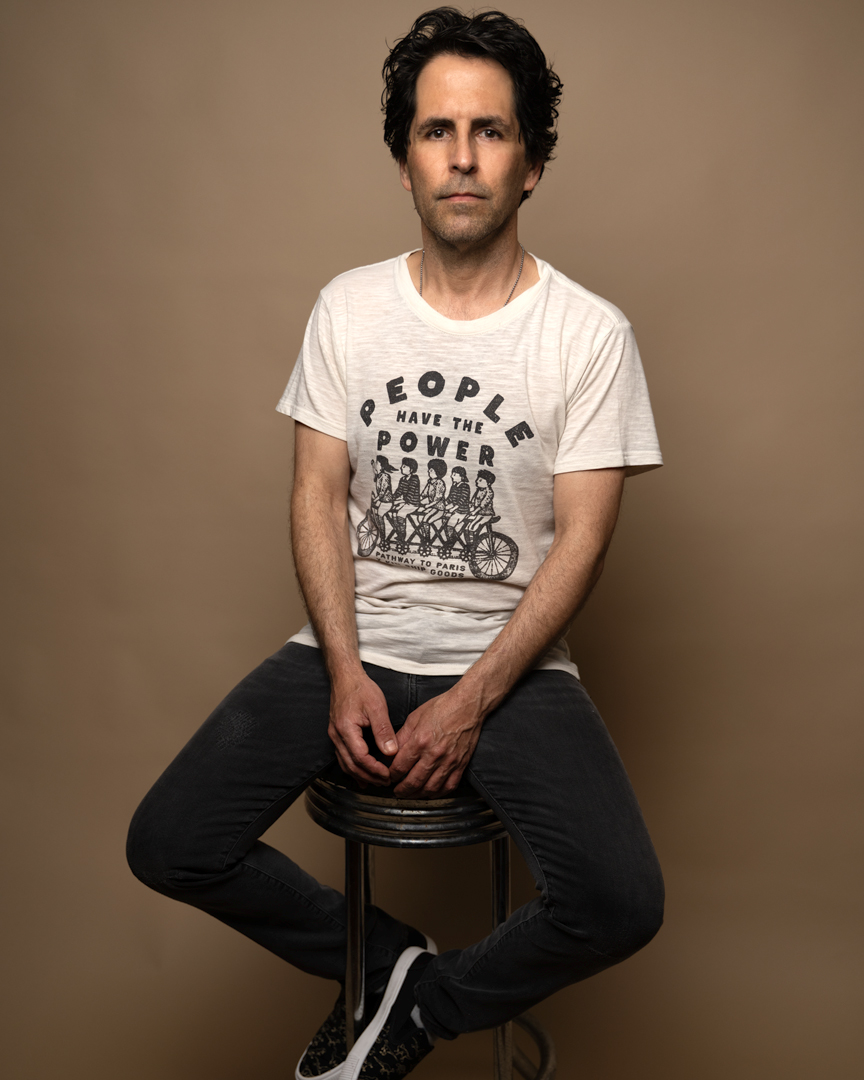Skip to content
Joshua Zarbo is a musician, producer, and songwriter who has played on numerous critically acclaimed recordings, performed on a variety of national and international media programs, and toured the world with Grammy and Emmy nominated artists.
The artists/bands he has worked with include: Spoon, Sondre Lerche, Fred Armisen, Woody Jackson & Bill Elm, John Vanderslice, David Cook, Bob Schneider, Emily Wolf, The Band of Heathens, Kat Edmonson, Monahans, Spence_START trio, and many others. (2025)
Scroll Up

